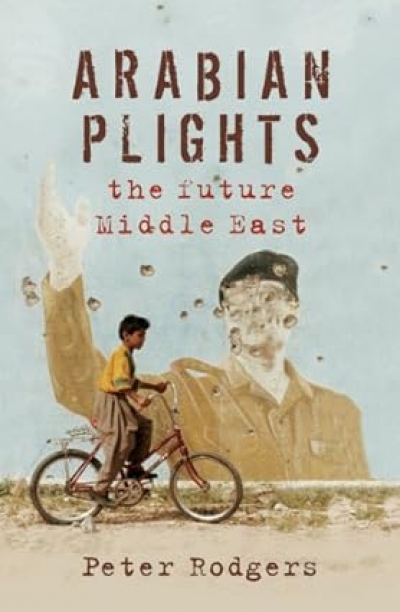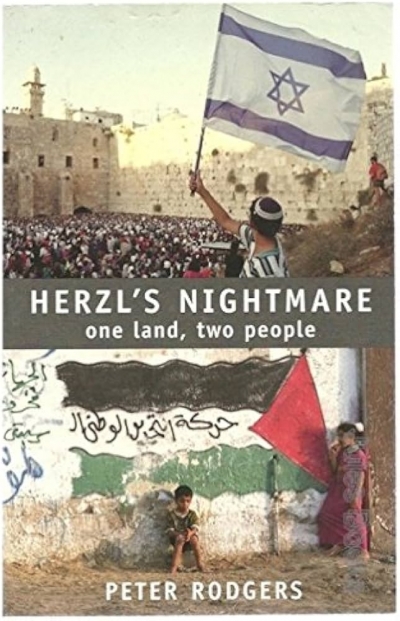Peter Rodgers
The Battle for the Arab Spring: Revolution, Counter-Revolution and the Making of a New Era by Lin Noueihed and Alex Warren & Libya: The Rise and Fall of Qaddafi by Alison Pargeter
by Peter Rodgers •
Palestine Betrayed by Efraim Karsh & Gaza edited by Raimond Gaita
by Peter Rodgers •
The Bin Ladens: The story of a family and its fortune by Steve Coll
by Peter Rodgers •
Blood and Rage: A cultural history of terrorism by Michael Burleigh
by Peter Rodgers •
The Israel Lobby and US Foreign Policy by John J. Mearsheimer and Stephen M Walt
by Peter Rodgers •
Herzl's Nightmare: One land, two people by Peter Rodgers
by Colin Rubenstein •









